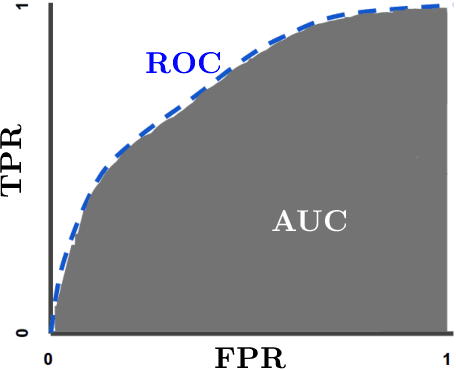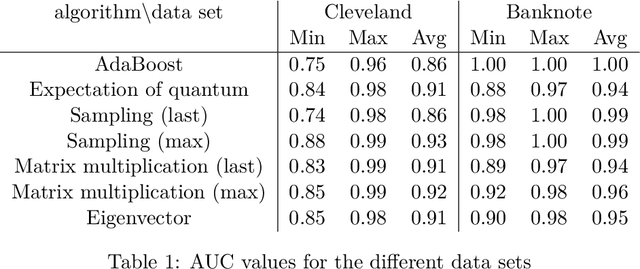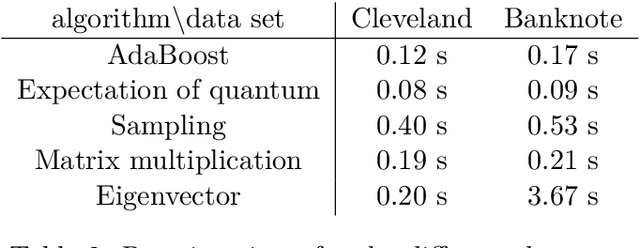Dániel Szabó
From Voice to Value: Leveraging AI to Enhance Spoken Online Reviews on the Go
Dec 06, 2024Abstract:Online reviews help people make better decisions. Review platforms usually depend on typed input, where leaving a good review requires significant effort because users must carefully organize and articulate their thoughts. This may discourage users from leaving comprehensive and high-quality reviews, especially when they are on the go. To address this challenge, we developed Vocalizer, a mobile application that enables users to provide reviews through voice input, with enhancements from a large language model (LLM). In a longitudinal study, we analysed user interactions with the app, focusing on AI-driven features that help refine and improve reviews. Our findings show that users frequently utilized the AI agent to add more detailed information to their reviews. We also show how interactive AI features can improve users self-efficacy and willingness to share reviews online. Finally, we discuss the opportunities and challenges of integrating AI assistance into review-writing systems.
Quantum Inspired Adaptive Boosting
Feb 01, 2021


Abstract:Building on the quantum ensemble based classifier algorithm of Schuld and Petruccione [arXiv:1704.02146v1], we devise equivalent classical algorithms which show that this quantum ensemble method does not have advantage over classical algorithms. Essentially, we simplify their algorithm until it is intuitive to come up with an equivalent classical version. One of the classical algorithms is extremely simple and runs in constant time for each input to be classified. We further develop the idea and, as the main contribution of the paper, we propose methods inspired by combining the quantum ensemble method with adaptive boosting. The algorithms were tested and found to be comparable to the AdaBoost algorithm on publicly available data sets.
 Add to Chrome
Add to Chrome Add to Firefox
Add to Firefox Add to Edge
Add to Edge